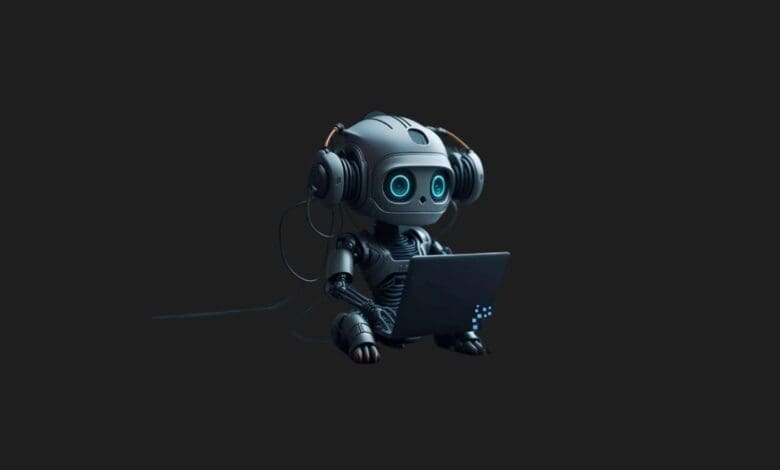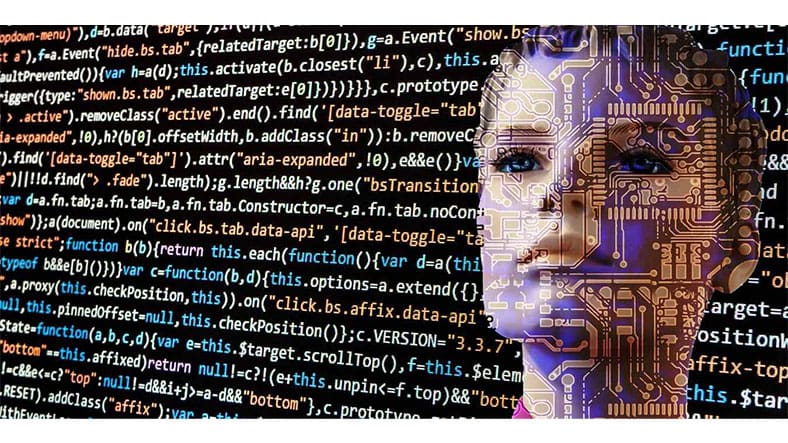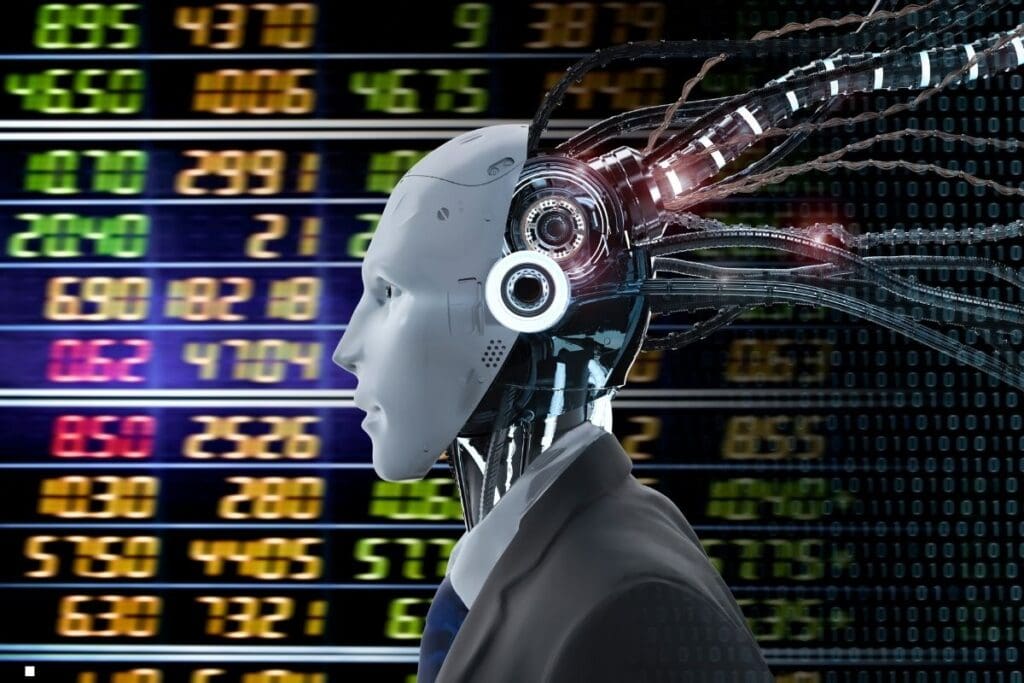AI-Powered Marketing: A Guide for CMOs

Artificial intelligence-supported marketing is one of the most transformative processes in today’s business landscape. Companies are increasingly shaping their marketing strategies around the vast potential of AI. For marketing managers, understanding the current state of AI and its applications is essential for maximizing its benefits.
This article provides a comprehensive framework for marketing managers to classify their ongoing projects and roll out future AI initiatives effectively. By doing so, it empowers organizations to plan strategically and stay ahead in the competitive market.
Categorizing AI in Marketing

Artificial intelligence can be categorized along two key dimensions:
- Level of intelligence
- Standalone functionality or integration within a broader platform
Simple, standalone task automation tools serve as an ideal starting point for companies new to AI. However, the real value lies in advanced, integrated applications that utilize machine learning to drive deeper insights and outcomes. Businesses should aim to gradually transition toward these sophisticated technologies as they develop their AI capabilities.
The Value of AI in Marketing

Marketing, more than any other business function, stands to gain the most from AI. The core activities of marketing—understanding customer needs, matching them to solutions, and persuading purchases—are areas where AI excels.
A 2018 McKinsey analysis of over 400 advanced use cases revealed that marketing holds the greatest potential for AI-driven value creation. Similarly, the American Marketing Association’s 2019 survey showed a 27% increase in AI adoption within 18 months, highlighting the rapid embrace of this technology. Moreover, Deloitte’s 2020 global survey of early AI adopters confirmed that three of the top five AI goals are marketing-focused:
- Improving products and services
- Creating new offerings
- Enhancing customer relationships
The Future of AI in Marketing

While AI has already made significant strides in marketing, its role is expected to expand further. CMOs must understand the current applications of AI in marketing and prepare for its evolution.
AI capabilities in marketing include:
- Leveraging real-time data, such as geolocation, to simplify the sales process.
- Offering personalized recommendations to improve customer engagement.
- Reducing cart abandonment rates through smart nudges like testimonials or purchase examples (e.g., “Great choice! James from Vermont bought this same mattress”).
These AI-driven initiatives can boost conversion rates by a factor of five or more, demonstrating the power of tailored experiences in influencing customer decisions.
As AI continues to evolve, marketing leaders have a unique opportunity to harness its potential. By adopting advanced AI tools, CMOs can drive innovation, improve customer engagement, and unlock unprecedented value for their organizations.











